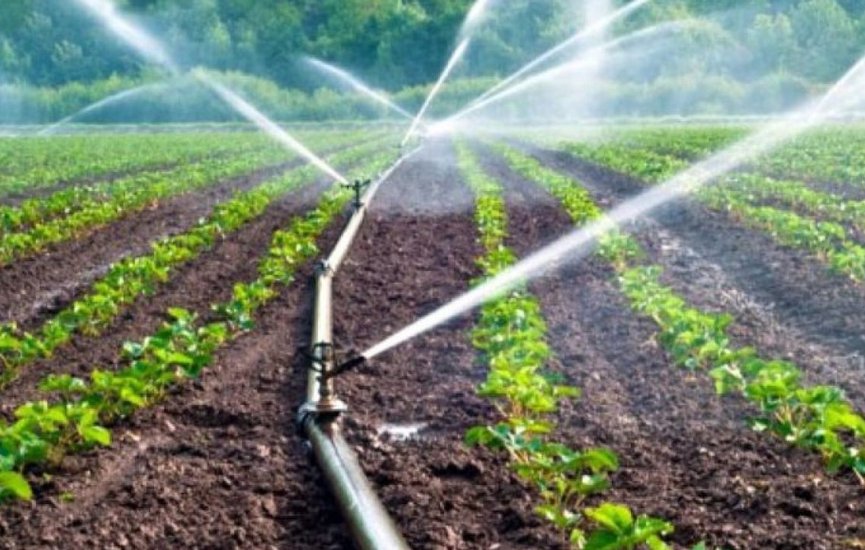West Nile, historically a region with dependable seasonal rains, is facing a major agricultural transformation. Erratic weather patterns, prolonged dry spells, and unpredictable rainfall are forcing farmers to rethink traditional rain-fed farming methods, putting their livelihoods and food security at risk.
“I can no longer rely on the rains to plan my crops,” explains Ivan Iya, a field agronomist at Loluwesi Smart Farm in Toloro South, Moyo District. “Farmers who still wait for rainfall risk losing their entire harvest.” Experts confirm that the region’s climate has become increasingly unpredictable, with droughts and sudden downpours damaging crops, eroding soils, and threatening the traditional planting calendar.
Farmers in West Nile, many of whom operate on tight margins, face heightened vulnerability. Crop failures due to irregular rainfall exacerbate food insecurity, limit household income, and threaten local economies. Access to modern water-management tools such as solar-powered pumps, rainwater harvesting tanks, and community irrigation systems is limited, with infrastructure and high-interest loans posing additional challenges.
Anzoa Clara Ayaa, head of Anzoa Fixed Farm, emphasizes the urgent need for water management: “Relying on the sky is no longer reliable. We must harvest, store, and distribute water efficiently to sustain production.” Projects such as the St. Martin Comboni Missionaries initiative in Palorinya Sub-county demonstrate the potential of small-scale irrigation systems, allowing year-round vegetable production instead of being confined to a single rainy season.
However, financial barriers remain a major obstacle. Many farmers cannot afford the initial costs of irrigation systems, and access to affordable credit is limited. High interest rates from some savings and credit cooperatives (SACCOs) further restrict adoption of climate-resilient technologies.
District agricultural officers highlight that without a shift toward water-managed farming, West Nile’s agricultural potential may decline. Traditional reliance on rainfall is increasingly untenable, especially as climate volatility, land fragmentation, and soil degradation continue to affect crop productivity.
To address these challenges, experts recommend a multi-faceted approach:
- Promote small-scale solar-powered pumps and rainwater harvesting infrastructure to provide reliable water sources.
- Train farmers in climate-smart agriculture, including drought-tolerant crops, crop diversification, and efficient water management.
- Expand access to affordable loans and credit for irrigation and storage infrastructure.
- Strengthen agricultural extension services to provide farmers with timely guidance on adapting to climate changes.
Investing in irrigation and water management is not merely a technological upgrade; it is a survival strategy for West Nile farmers. As climate change intensifies, reliance on erratic rainfall is no longer viable. By embracing modern water technologies and resilient agricultural practices, farmers can protect their harvests, ensure food security, and strengthen the region’s economy.
The shift may require significant investment, training, and policy support, but experts agree that it is critical for sustaining agricultural productivity and safeguarding livelihoods. For West Nile, the future of farming depends on the ability to move from passive dependence on rain to active water management and climate-smart solutions.
